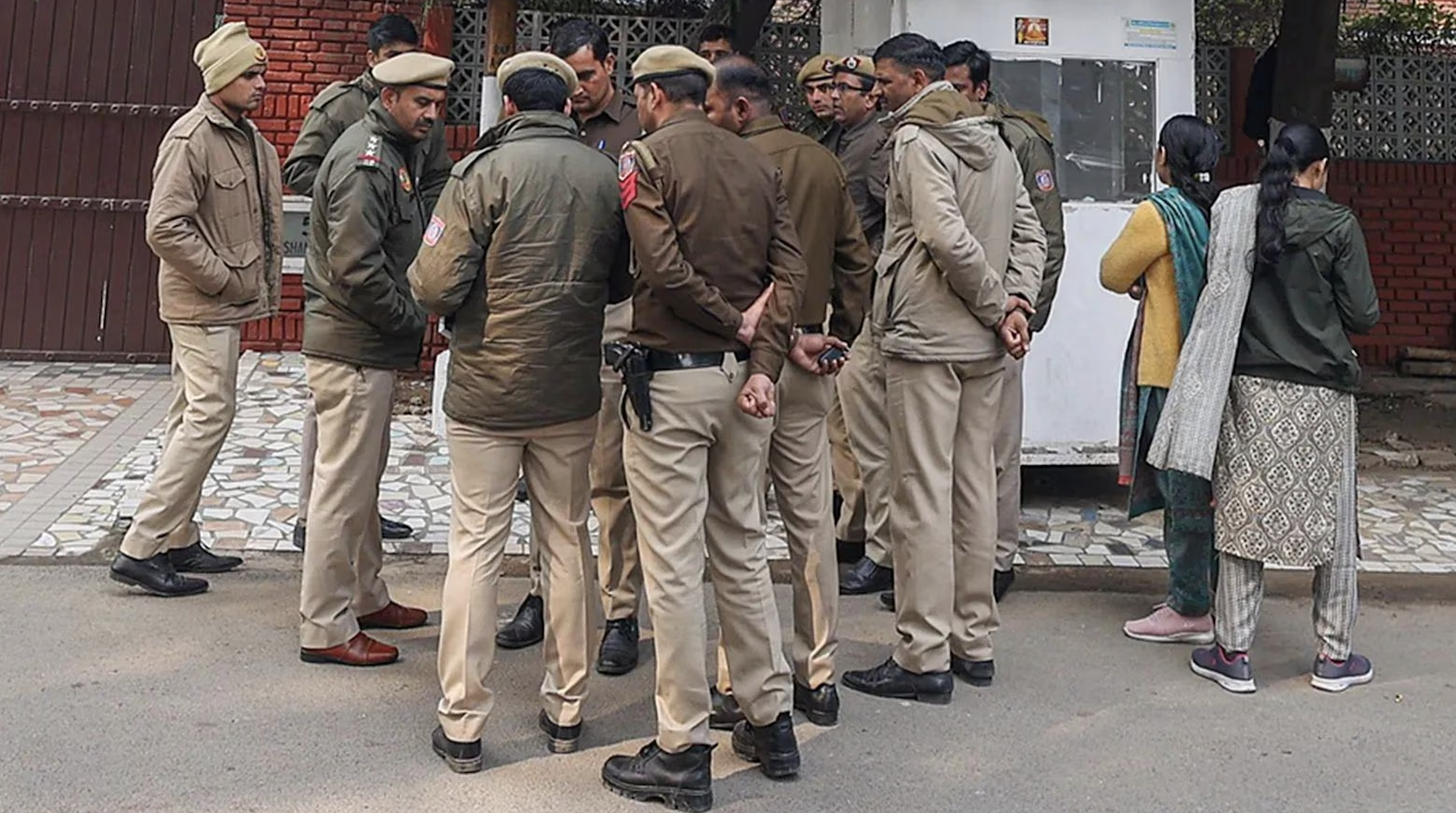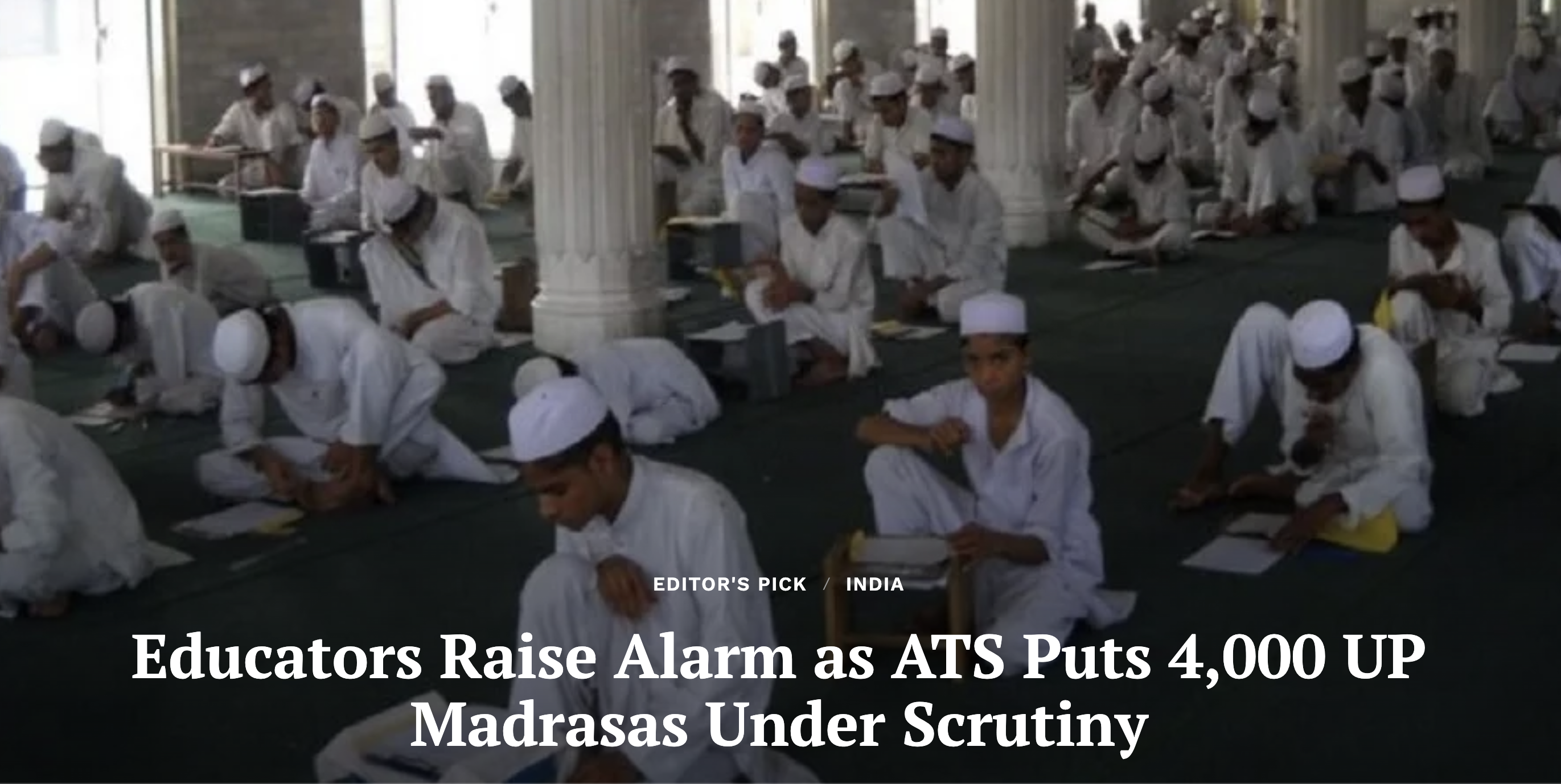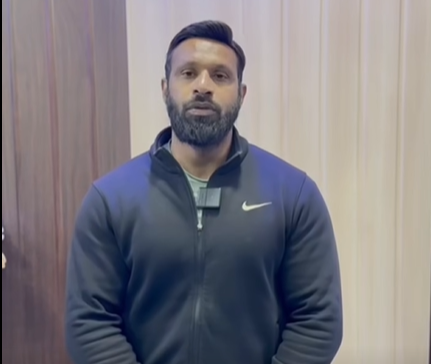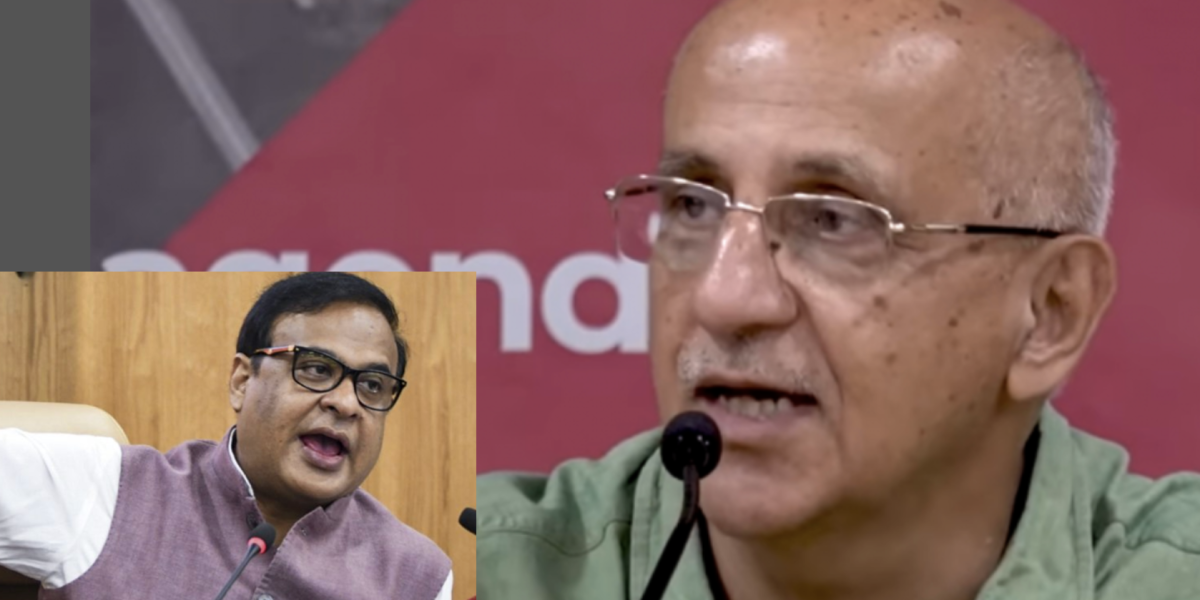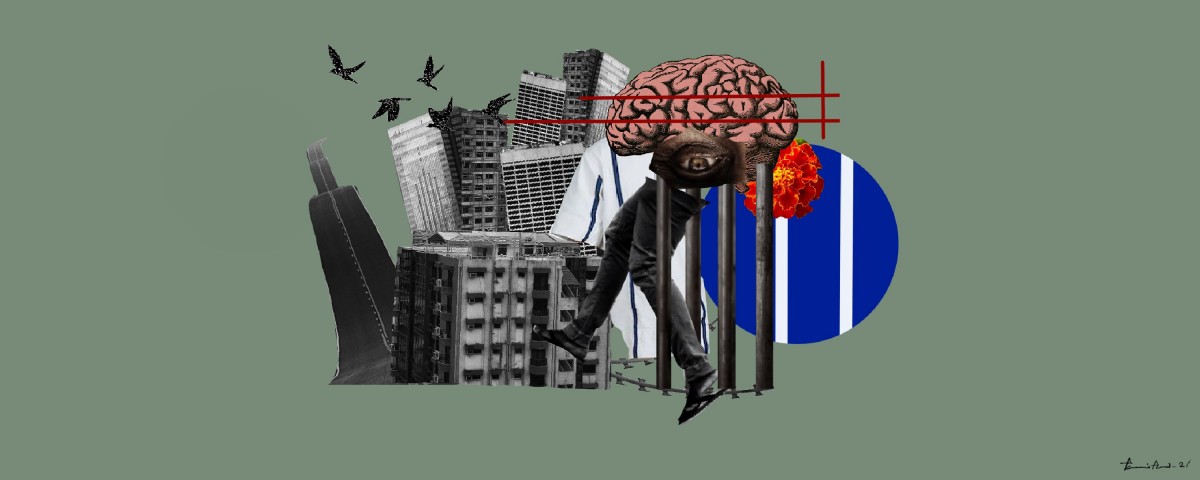
By The Wire Staff
New Delhi: ‘Process is the punishment’ for journalists across India, reveals a new study released on Tuesday. The report, jointly carried out by the Clooney Foundation for Justice’s TrialWatch Initiative, the National Law University Delhi and Columbia Law School’s Human Rights Institute, reveals that in the cases of criminalisation of journalists, there are significant delays at each stage of a case, often resulting in financial hardship, heightened fear and anxiety, and substantial disruptions to both their personal and professional lives.
Titled Pressing Charges: A Study of Criminal Cases Against Journalists Across States in India, the report states, “Out of 244 cases for which we had data on the status of the case, more than 65% had not been completed as of October 30, 2023.” It also notes that the police had not even completed their investigation in 40% of the cases for which we had relevant data. And only 16 cases (6%) saw a concluded trial – ending in conviction or acquittal.
The study also reveals that journalists in small cities and towns, or those reporting for local outlets, were arrested far more frequently than those in major cities. As per the report, journalists’ experience of the justice system also differed based on their location and status.
“While journalists in major metropolises were arrested in 24% of the total incidents recorded in such cities, this figure increased to 58% for journalists in small cities/towns. This, in turn, was linked to journalists’ access to justice,” it states.
More strikingly, in 65% of the incidents involving journalists from major metropolises, they secured interim protection from arrest, while the corresponding figure for small-town journalists was a mere 3%.
According to the study, this can potentially be explained by the fact that this relief was most often granted by the Supreme Court, which has a single seat in Delhi. Journalists working in Hindi and other regional languages suffered from a similarly adverse ratio in relation to counterparts working in English. “That is, our data suggests that while the process is the punishment, the pain it inflicts may be proportional to the accused’s distance from the national capital,” noted the report.
The study was based on an analysis of a novel dataset consisting of information on 423 criminal cases registered against 427 journalists across the states and union territories of India. It covers a total of 624 incidents of criminalisation of journalists in relation to their work from 2012-2022.
This story was originally published in thewire.in. Read the full story here.


